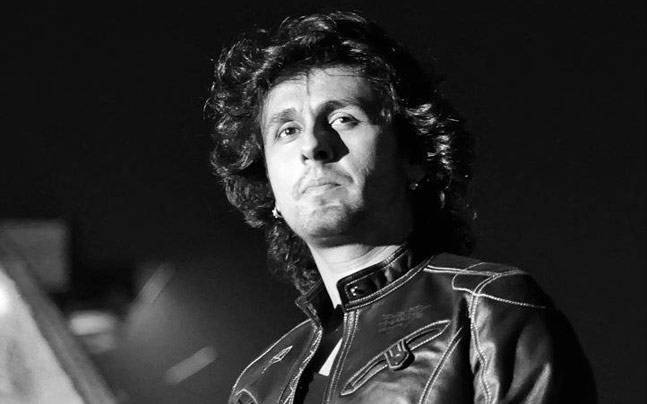According to Hindustan Times, the Indian Punjab and India's Haryana high court has said that while Azaan is undoubtedly an integral part of Islam, it does not necessarily have to be blared through loudspeakers.
A single- judge bench comprising Indian justice MMS Bedi made this observation in connection with a plea filed against singer Sonu Nigam over a series of comments posted on Twitter last month. Terming the petition as a “cheap” attempt to gain publicity, justice Bedi said: “A fair interpretation of the words used by respondent no 4 (Nigam) clearly indicates that the word ‘gundagardi’ in tweet no 4 is not addressed in the context of Azaan but the use of loudspeakers and amplifiers.”
The petition filed by an Indian Aas Mohammad, a resident of Sonepat in Haryana, had sought launching of criminal proceedings against Nigam. He claimed that the singer’s tweets violated India's Muslim community’s fundamental right to manage religious affairs as enshrined in the Indian Constitution, and also hurt the religious sentiments of a section of the population.
“I’m not a Muslim, and I have to be woken up by the Azaan in the morning. When will this forced religiousness end in India?” Nigam had tweeted on April 17, creating an uproar among netizens and celebrities alike. Later, a fatwa was also issued against the actor.
Referring to various judgments, justice Bedi said the matter of allowing loudspeakers for religious purposes had previously been taken up for consideration in the M Veerateswaran vs deputy collector case by the Madras high court. The bench, comprising justice K Sampath, had observed that no religion prescribes blaring prayers through sound amplifiers.
“If the contents of the complaint are seen in the context of Section 295-A of the Indian Penal Code (hurting religious sentiments), the words used in the tweet are not meant to insult any religion or religious belief of any class of citizens, and are apparently not deliberate or malicious,” justice Bedi held, adding that the petition was just a cheap way of gaining publicity by making a well-known singer a “scapegoat” in the name of religion.
Such practices deserve to be deprecated, the high court bench said while dismissing the plea.






